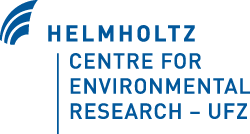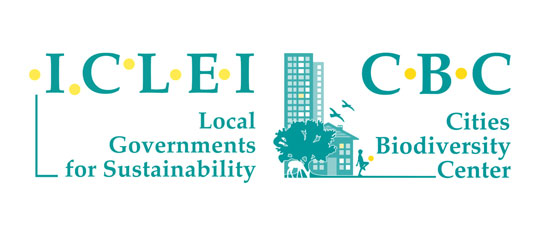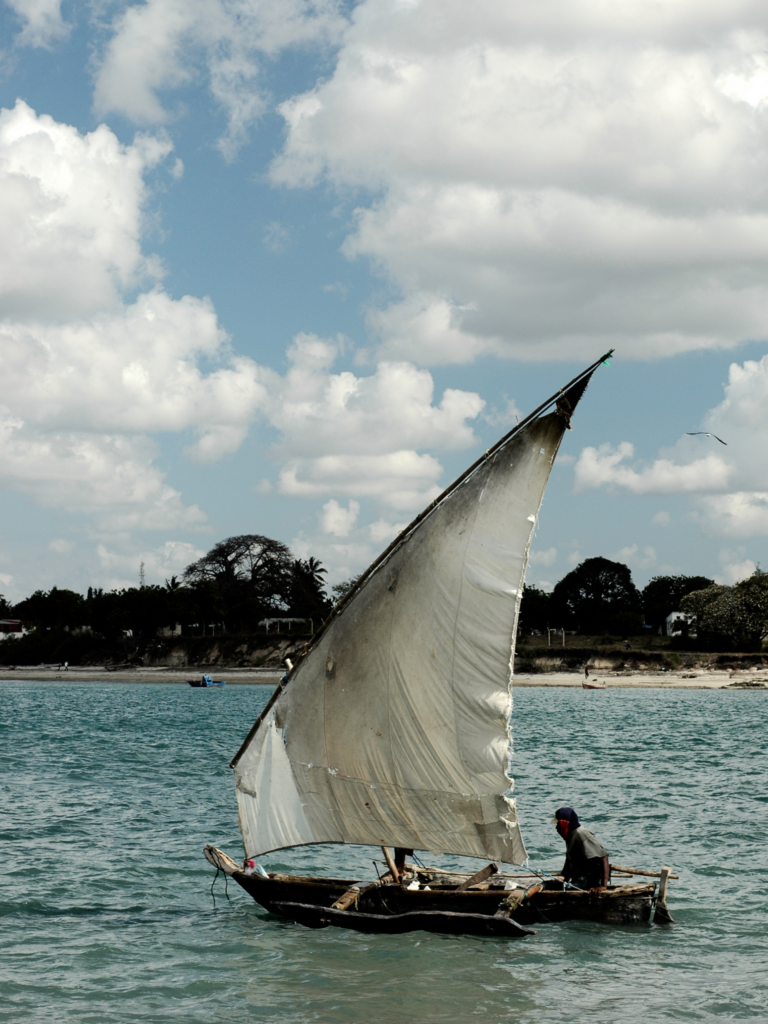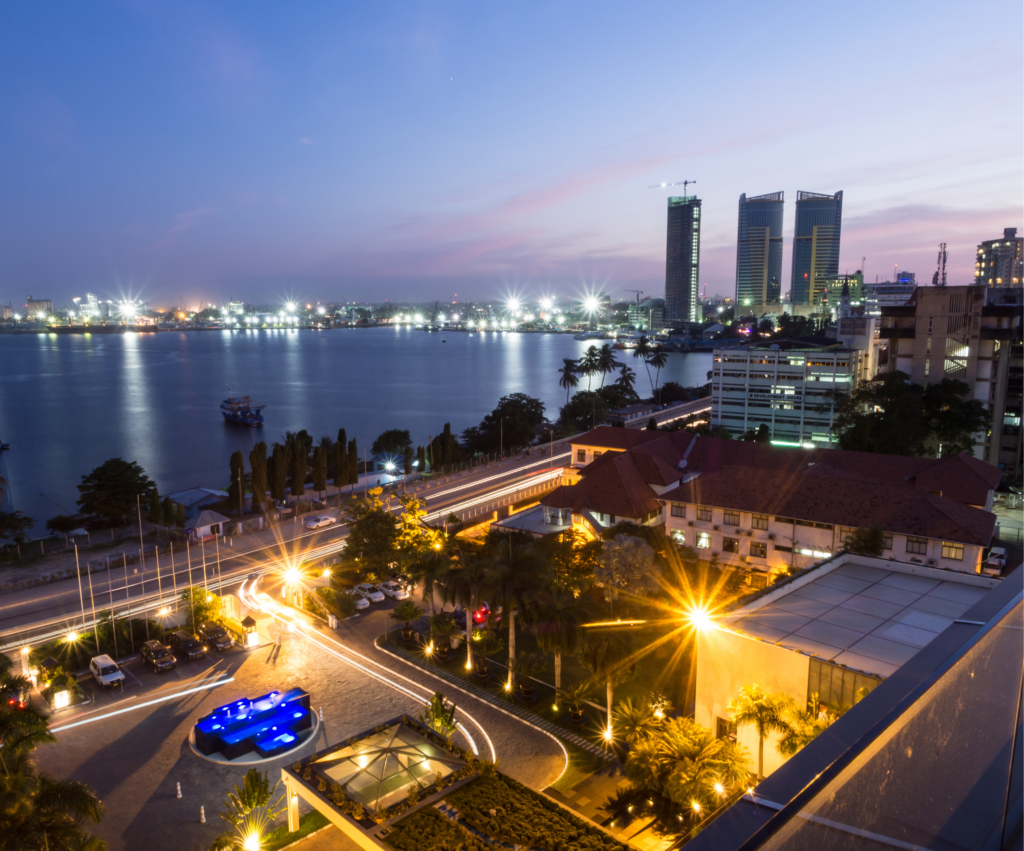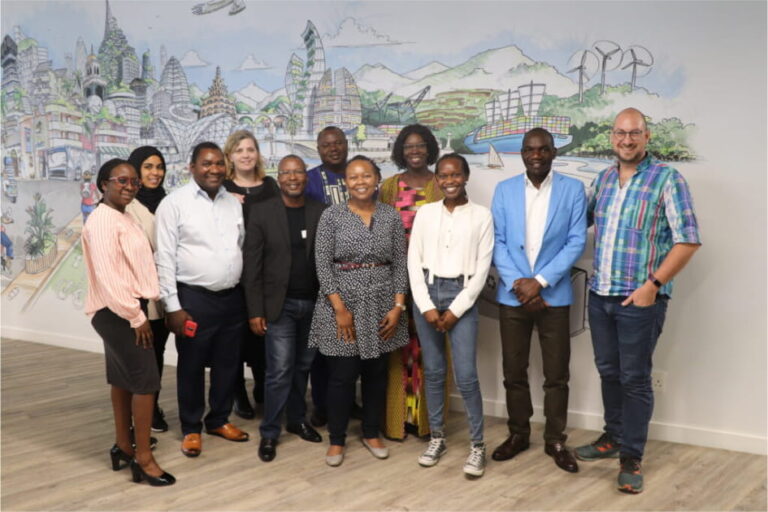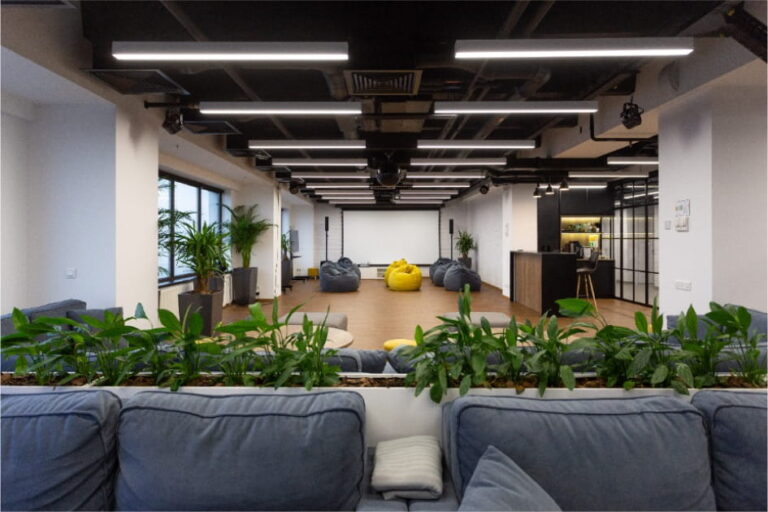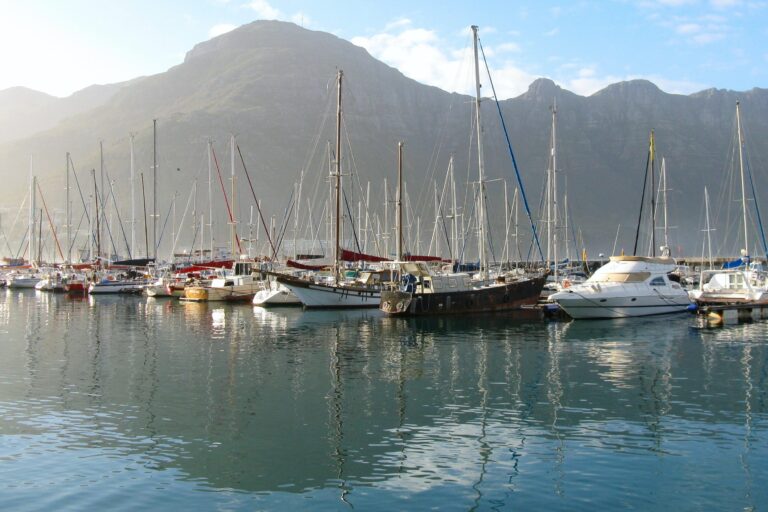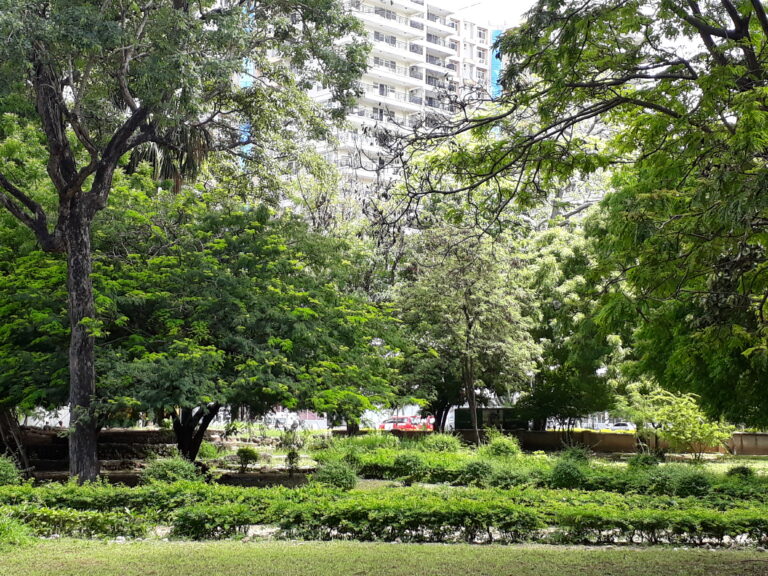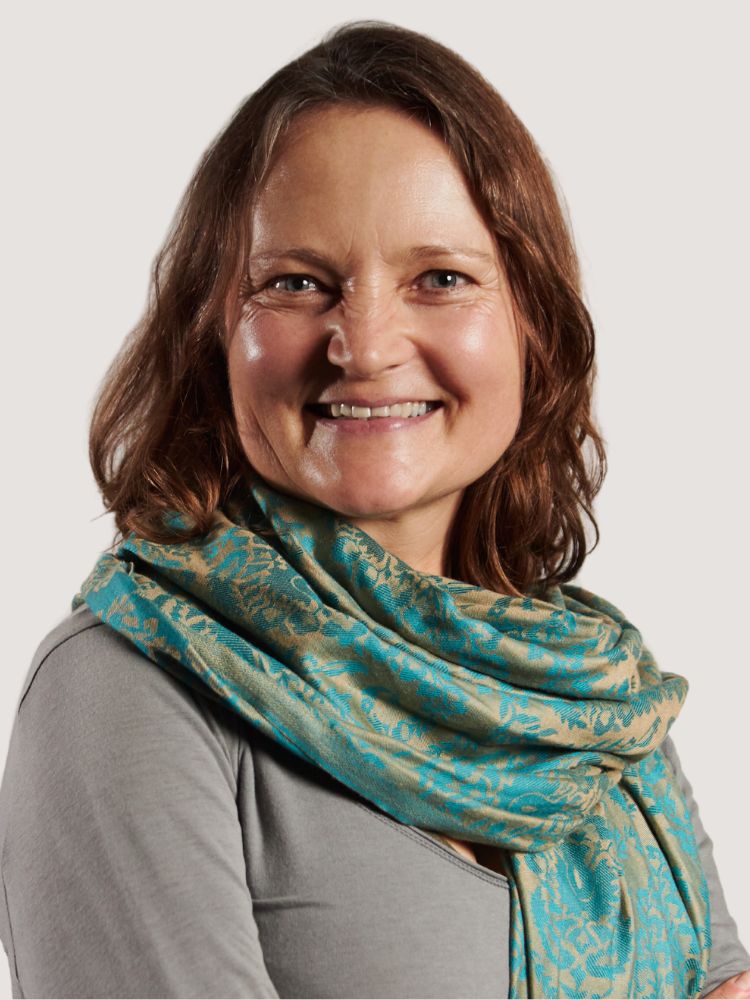Integrated subnational action on biodiversity
We provide city-regions with nature-based solutions for urban challenges in the Global South and integrate these into city planning, strategies and action plans.

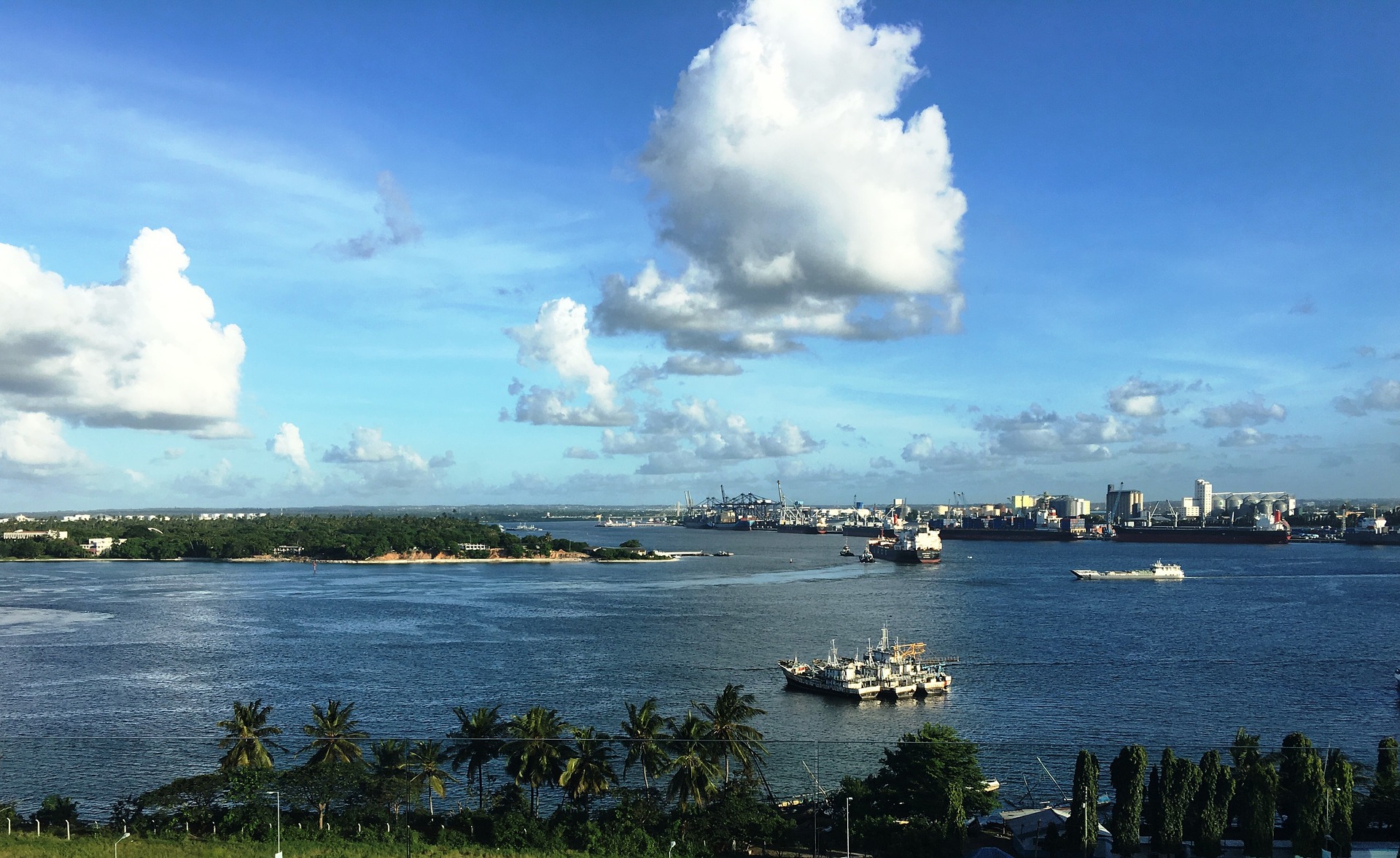

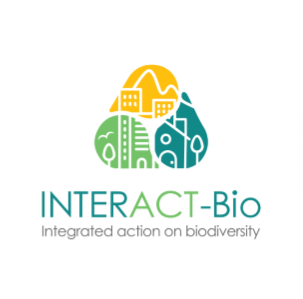
Related ICLEI Pathway(s)
Locations
Funded by
About
Project summary
Dar es Salaam, Dodoma, Moshi and Arusha in Tanzania are integrating biodiversity and bringing nature back into their cities. This uniquely biodiverse region faces challenges from rapid urbanisation, agricultural encroachment, timber extraction and charcoal production that results in land degradation, over-extraction of natural resources, pollution and habitat loss. This means that nature’s services to urban citizens are being diminished and they are disappearing. These challenges demand strategies that integrate biodiversity into urban planning, both conserving and reaping the benefits of natural resources.
INTERACT-Bio is an international project, active in Tanzania, India and Brazil and helps fast-growing cities to better manage and use nature. It aims to provide expanding urban communities in the Global South with nature-based solutions and associated long-term benefits.
In Tanzania, the project helps participating city-regions to integrate nature-based solutions into city planning and draft Local Biodiversity Strategies and Action Plans. It also brings together national and subnational actors for integrated dialogue on the importance of biodiversity benefits.
Dar es Salaam, Dodoma, Moshi and Arusha in Tanzania are integrating biodiversity and bringing nature back into their cities. This uniquely biodiverse region faces challenges from rapid urbanisation, agricultural encroachment, timber extraction and charcoal production that results in land degradation, over-extraction of natural resources, pollution and habitat loss. This means that nature’s services to urban citizens are being diminished and they are disappearing. These challenges demand strategies that integrate biodiversity into urban planning, both conserving and reaping the benefits of natural resources.
INTERACT-Bio is an international project, active in Tanzania, India and Brazil and helps fast-growing cities to better manage and use nature. It aims to provide expanding urban communities in the Global South with nature-based solutions and associated long-term benefits.
In Tanzania, the project helps participating city-regions to integrate nature-based solutions into city planning and draft Local Biodiversity Strategies and Action Plans. It also brings together national and subnational actors for integrated dialogue on the importance of biodiversity benefits.
Project aims
INTERACT-Bio aims to:
- Connect national and subnational government decision-makers to work together towards integrating biodiversity considerations into city-region planning and decisions.
- Strengthen the capacity of city-regions to integrate biodiversity and nature-based solutions into land use, infrastructure and development planning, and to develop supporting policy instruments.
- Mainstream biodiversity considerations across sectors at the subnational and national level.
In doing so, INTERACT-Bio will:
- Promote nature-based solutions as economically sound and sustainable investment options.
- Demonstrate the effectiveness of nature-based city-region development through pilot projects.
- Multiply nature-based approaches by connecting city-regions with one another, and by building capacity and raising awareness that nature offers significant value in an urban context.
INTERACT-Bio aims to:
- Connect national and subnational government decision-makers to work together towards integrating biodiversity considerations into city-region planning and decisions.
- Strengthen the capacity of city-regions to integrate biodiversity and nature-based solutions into land use, infrastructure and development planning, and to develop supporting policy instruments.
- Mainstream biodiversity considerations across sectors at the subnational and national level.
In doing so, INTERACT-Bio will:
- Promote nature-based solutions as economically sound and sustainable investment options.
- Demonstrate the effectiveness of nature-based city-region development through pilot projects.
- Multiply nature-based approaches by connecting city-regions with one another, and by building capacity and raising awareness that nature offers significant value in an urban context.
Project highlights
Highlight 1
On World Cities Day, we launched the Thematic Atlas of Nature’s Benefits to Dar es Salaam. The Atlas highlights the social benefits of green open space and vegetated areas in the City.
Highlight 2
The project together with NGOs Nipe Fagio and BORDA Tanzania brought together children from the Kimochi Primary and Secondary School, teachers, head masters, political and community leaders for a tree planting event. They learnt about the value of trees in urban environments.
Highlight 3
We presented the city’s nature poster to the Lord Mayor of Dar es Salaam.
Highlight 4
We are currently completing an academic paper for publication that addresses the potential of the Thematic Atlas as a transformative mechanism.



